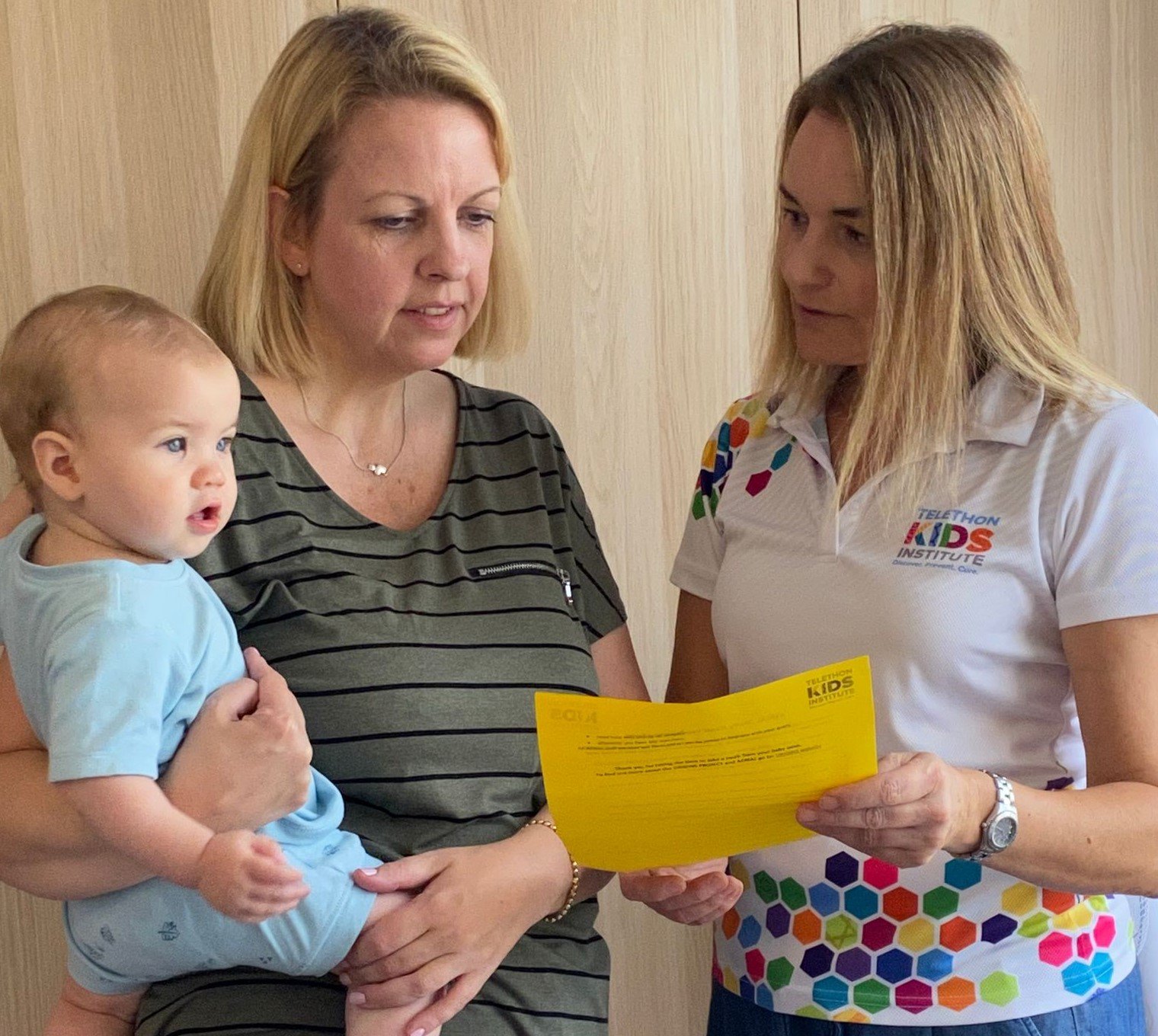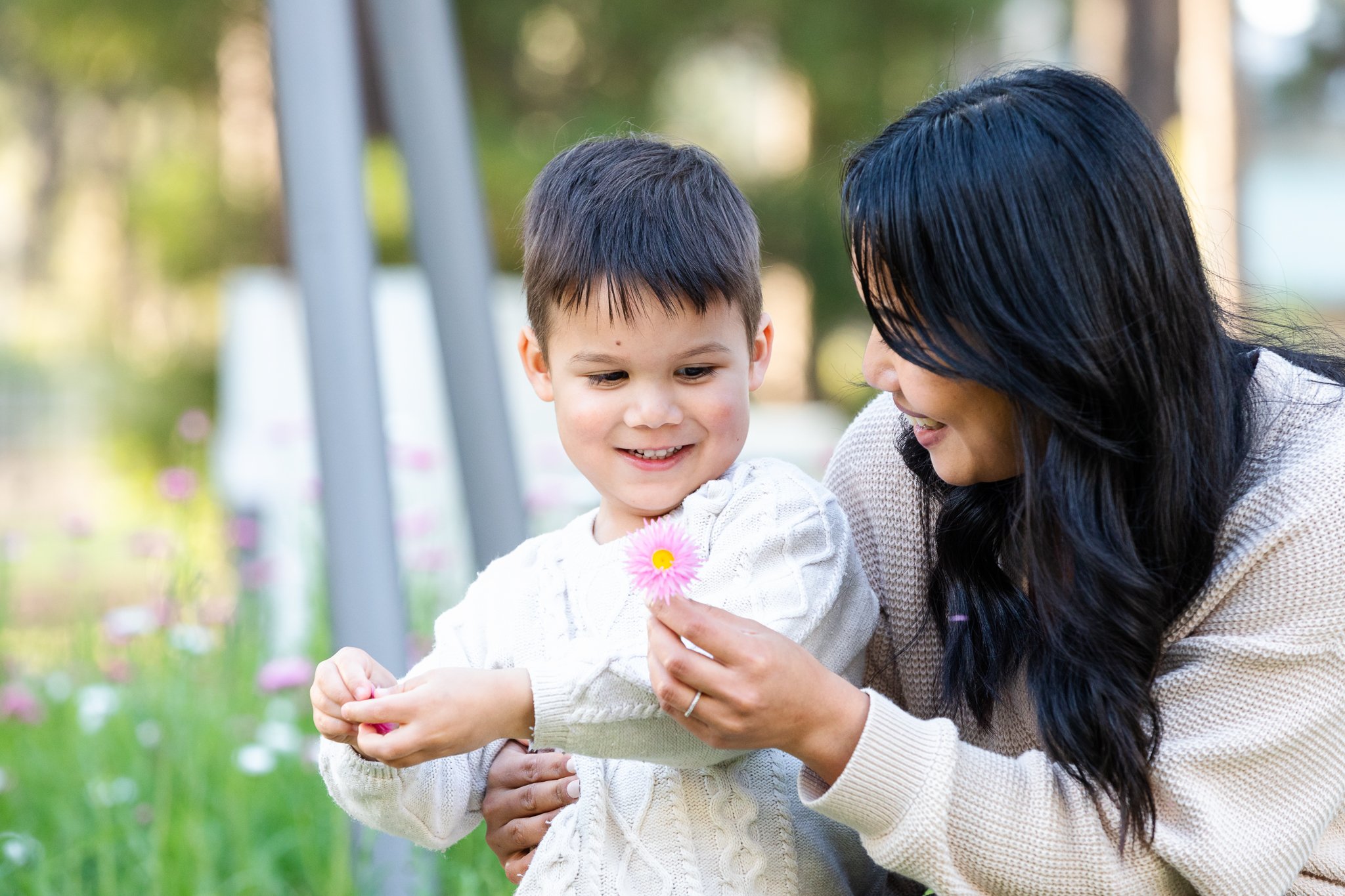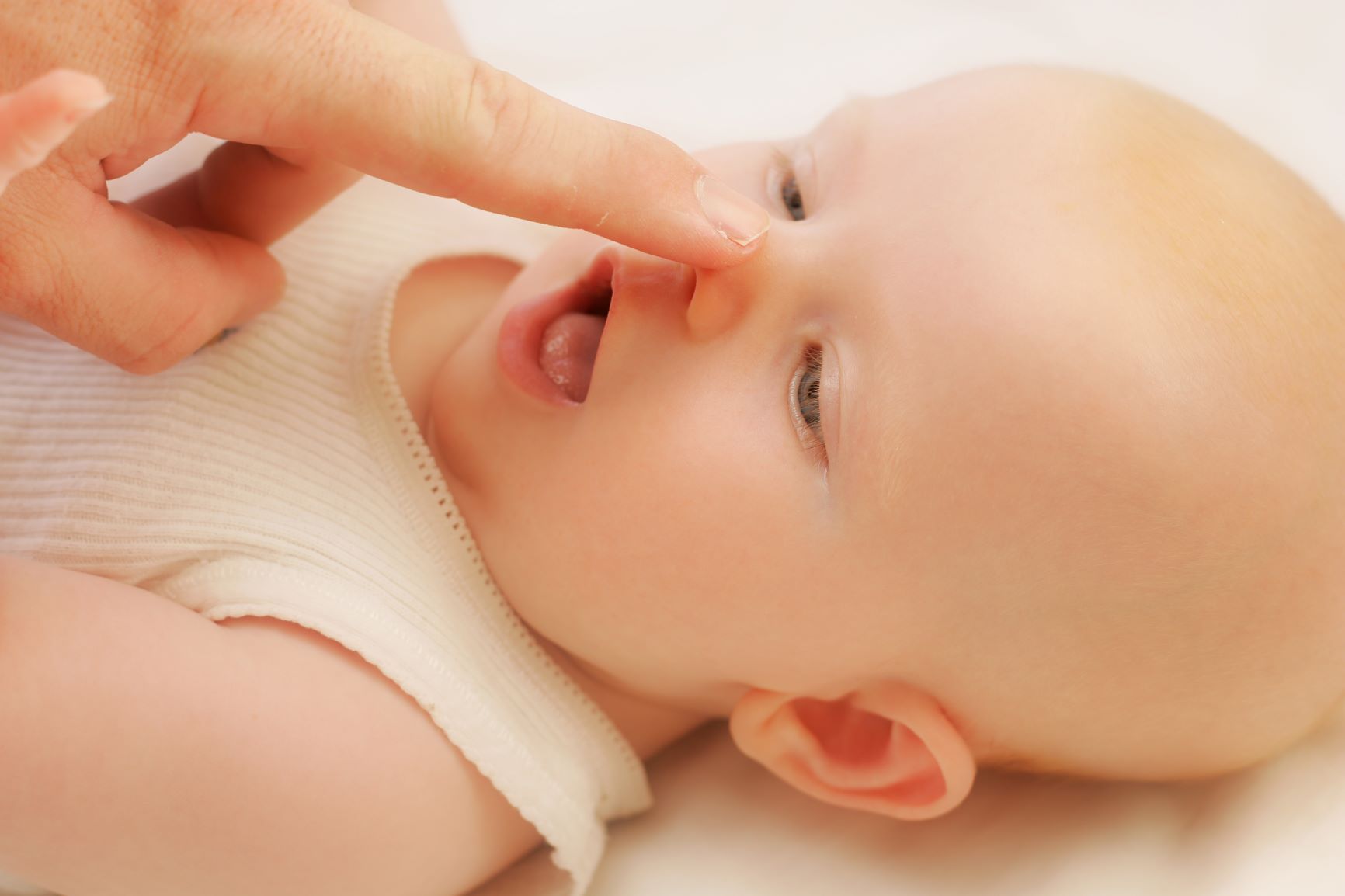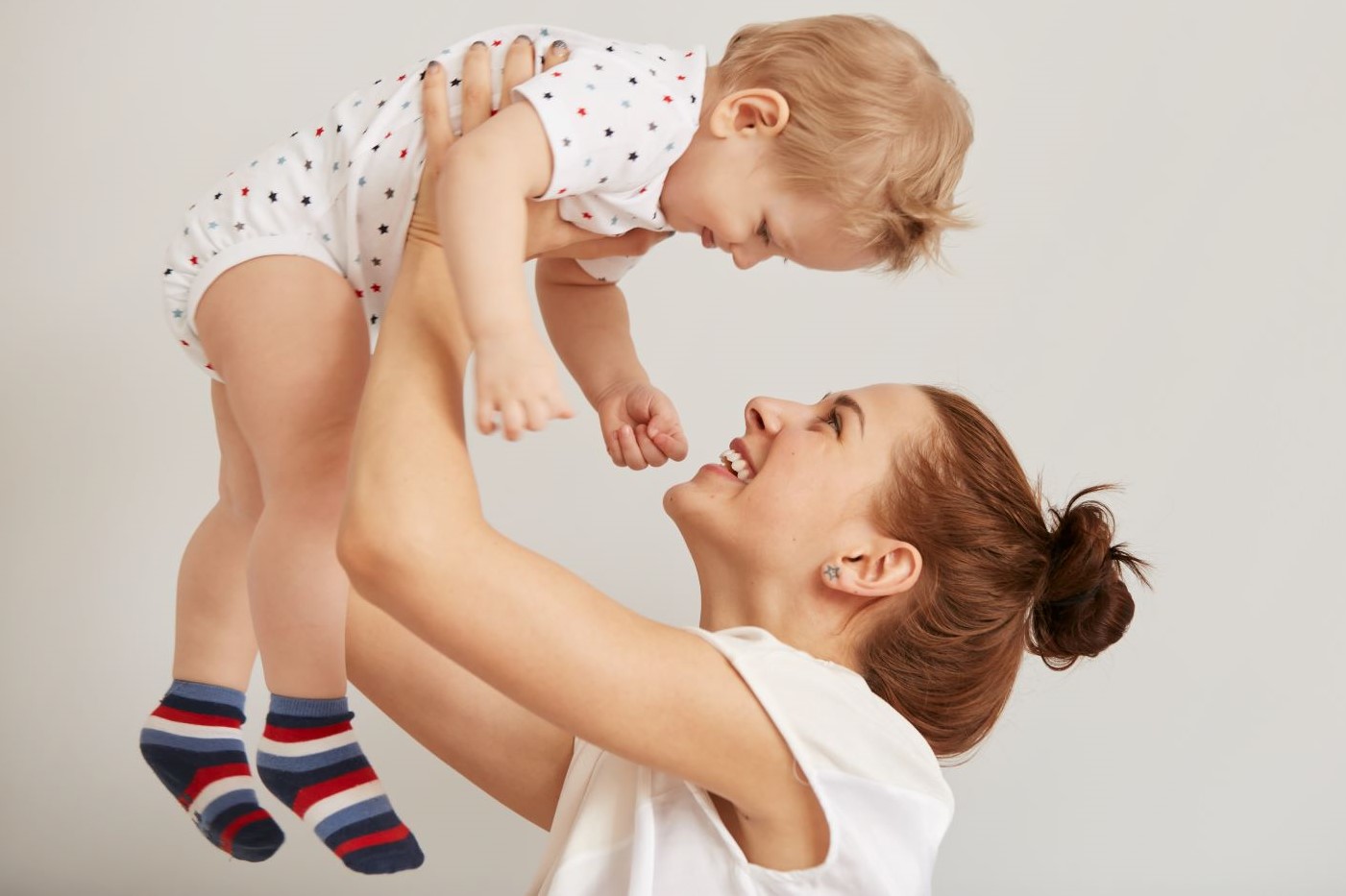Search

Information for the 10,000 families participating in ORIGINS. Recruitment has now closed.

Find information on each session, and your pre-appointment checklist to ensure you are prepared.
Get in Touch Dropping off a sample or attending a Kids Check appointment? Visit us at our Edgewater clinic. The Kids Joondalup Shop 51, Joondalup
Get in Touch Dropping off a sample or attending a Kids Check appointment? Visit us at our Edgewater clinic. The Kids Joondalup Shop 51, Joondalup
Information about withdrawing from the study

Find answers to frequently asked questions about ORIGINS.

With 24% of Australian children entering school developmentally vulnerable, The Flourishing Child study is developing a tool to help parents and carers to best support their child's flourishing.

Investigating the possible contributors to childhood lung disease by studying the epithelial cells from the nose at birth.

Testosterone and Language in Kids

Exploring ideal timepoints for early diagnosis and intervention and the impact this has on improving family healthcare.
